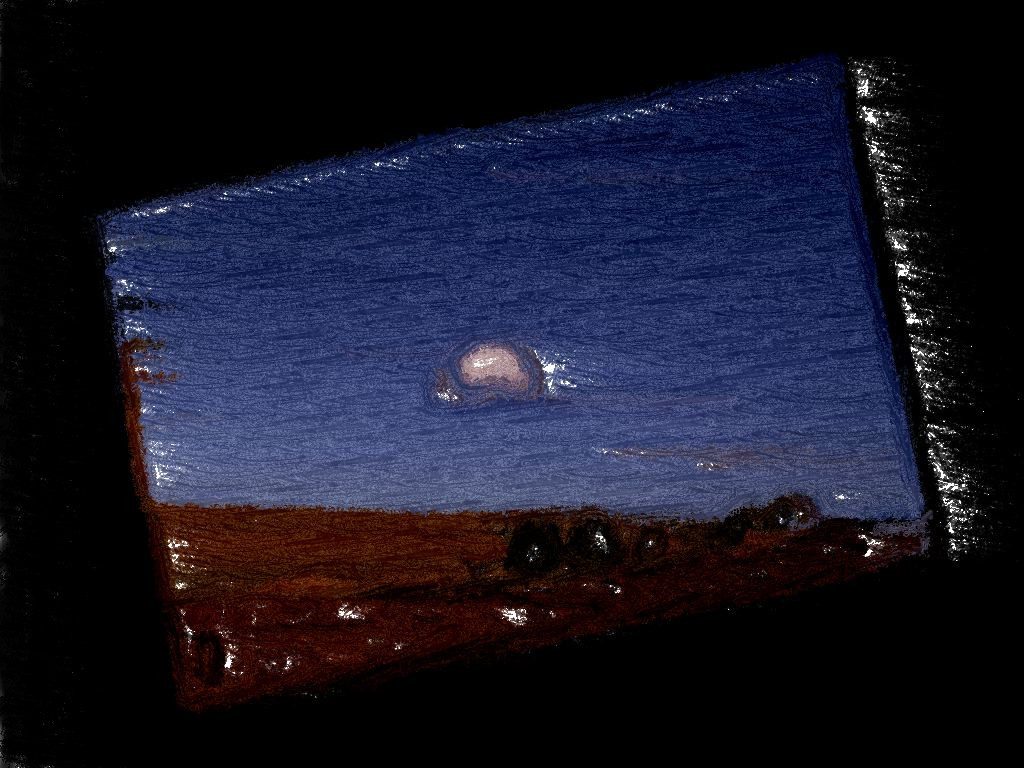tannoy blog — nonsense canaries
It’s almost impossible to avoid believing in some kind of nonsense. So many organisations and people have such a strong interest in promoting their lies that something is bound to have snagged. Worse, many of those who snag you believe their own lies.
I’d like to keep the damage of nonsense to a minimum. The fundamental problem is that I’m not an expert in all topics; I will rarely have the direct knowledge to know that something is nonsense. Partial knowledge is worse than no knowledge at all, to the benefit of the nonsense mongers. Truth–telling tests aren’t good enough, too many people believe the nonsense they promote.
A technique for detecting probable sources of nonsense, those supposéd experts, is to use nonsense canaries.
Nonsense canaries detect individual sores of nonsense. They are facts that contradict popular belief. They are useful when deciding whether to listen to someone or something on a particular subject. You don’t have to learn an entire domain of knowledge to tell whether someone is talking nonsense about that domain, you simply need to remember, and understand, the corresponding nonsense canary.
However, you should not presume your nonsense canary is bullet proof: a genuine domain expert will be aware of subtleties and interactions that are beyond your ken. Do not be arrogant.
Nonsense canaries are not useful for forming a general opinion about someone, since everyone is snagged at some point by someone else’s lies. They reveal knowledge snags, not personality flaws.
Here are some of my favourite nonsense canaries:
- Taking vitamin C to reduce the impact of the common cold. The origin of this nonsense, and proof that it is nonsense, is long established. If someone is giving you medical or dietary advice, and they say this, get your advice elsewhere.
- Denial of man made climate change. This is a political badge of honour in political groups that are dishonouring themselves by putting this belief ahead of reality. The facts are beyond reasonable doubt, and have been since 2004.
- Similarly, the nonsense that GMO is an inherently dangerous technology is a political badge of honour in political groups that are dishonouring themselves by putting belief ahead of reality. The fundamental safety of GMO technology is proven. Particular GMOs may be dubious, but that’s not the problem with the technology itself.
- Belief in, or promulgation of, mass conspiracy theories. A mass conspiracy is a narrative device. Narrative is good for describing events, not because it reflects reality, but because of the way the human mind is wired. Mass conspiracy per se contradicts human nature, and thus cannot exist. Far worse, it is very difficult to promulgate a mass conspiracy theory without being a bigot, because, to believe it, you have to believe those committing the mass conspiracy are not fully human. Incidentally, this is my opinion, not something backed up by research, so far as I know.
- Belief in scams (supplementary, complementary and alternative medicine), such as acupuncture, homeopathy, etc.; the list seems endless. The facts are here.
- Being too immature to say “I don’t know” or “I made a mistake”.
But there’s an interesting wrinkle to all of this. It seems nonsense canaries can be culturally dependent. The original research which revealed the nonsense about vitamin C was conducted in the 1970s, but that only showed there was no significant short term benefit, so it said nothing about daily supplementation. The long term research demolishing the wishful thinking about vitamin C was published more recently.
This research was published in the English language world. The francophone advice still appears to be to give a daily supplement. So you can’t use this canary on a francophone ‘expert’, because francophone expert opinion differs to the anglophone. Unsurprisingly, I accept the anglophone, more because of empiricism. Probably it’s simply that the francophone advice hasn’t caught up with the research.
In other words, the vitamin C nonsense canary cannot be used with francophones because the expert advice is different. Furthermore, it means that nonsense canaries in general may have cultural aspects, so they should be used more carefully in multicultural contexts.


